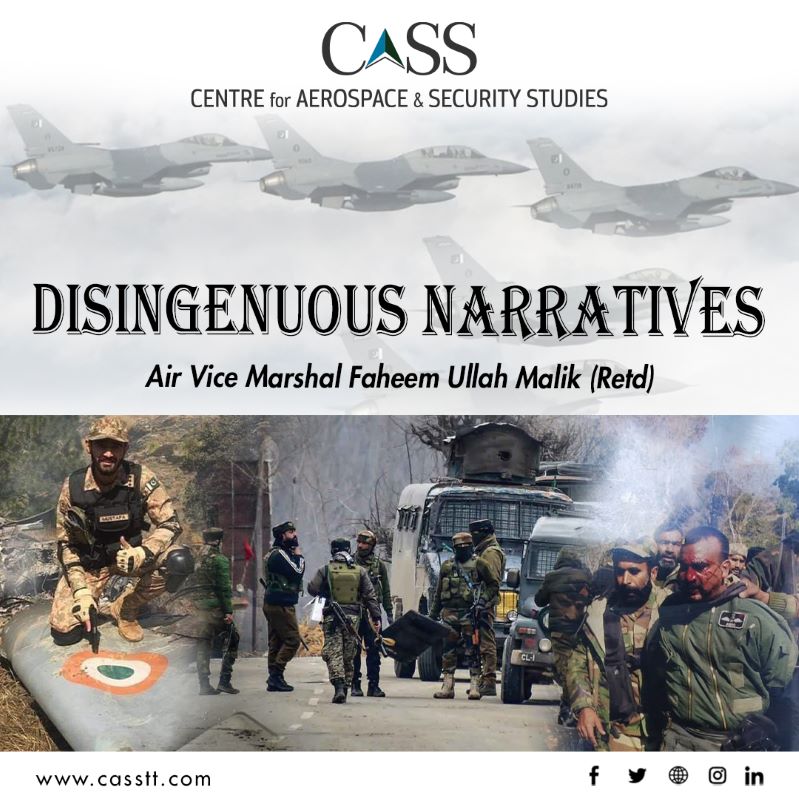
Disingenuous Narratives
In his recently published memoir, “Never Give an Inch”, former US Secretary of State Mike Pompeo has claimed that he was the key factor in
666 views
Former Director
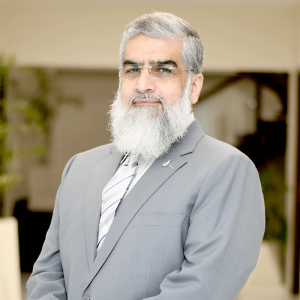
Air Vice Marshal (Retd) Faheem Ullah Malik was Director at Centre of Aerospace & Security Studies (CASS) dealing with Warfare & Aerospace. He joined the team of CASS scholars in Feb, 2020; after serving more than 32 years as an active duty Force fighter pilot, retiring as an Air Vice Marshal. He holds a Masters in War Studies from the PAF War College and a degree in National Security and War Course from National Defence University. During his career, besides active flying duty in different fighter squadrons on various types of fighter aircraft, plus staff duties at Regional Command / Headquarters; he served for about three years in KSA as Commander of PAF Contingent to Royal Saudi Air Force and almost a year in China. Additionally, he represented PAF at multiple training and professional forums in more than 20 countries in different capacities. He was awarded Sitara-i-Imtiaz (Military) for his services to the PAF. He has commanded a fighter Squadron, fighter Wing and fighter Base; and his last appointment was Deputy President of prestigious National Defence University, Islamabad. Most recently, he was performing as Advisor to President NDU, before joining CASS. His areas of research include Aerospace / Air Power employment and Policy Options / Force structuring.

In his recently published memoir, “Never Give an Inch”, former US Secretary of State Mike Pompeo has claimed that he was the key factor in
666 views
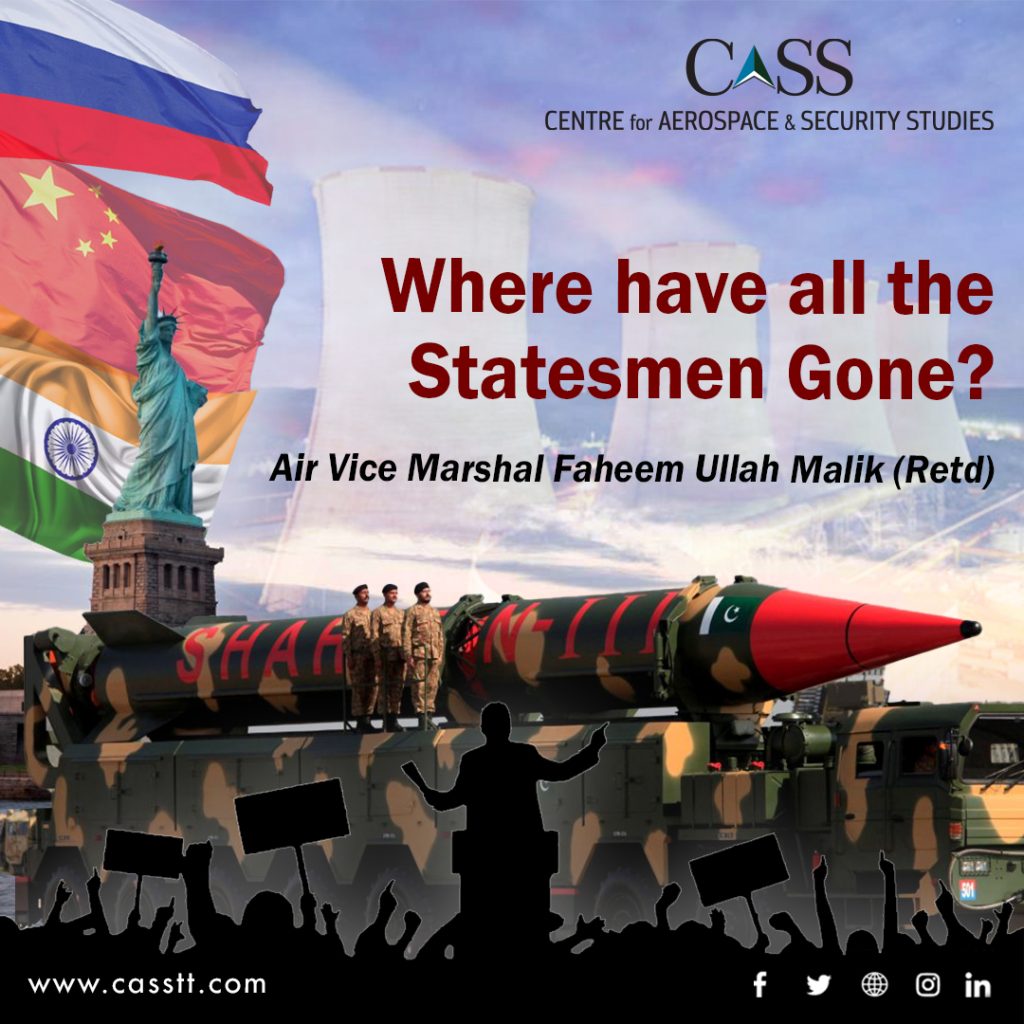
Despite all the known and unknown ills of democracy, the United Kingdom (UK) and the United States of America (US) have remained the two classical
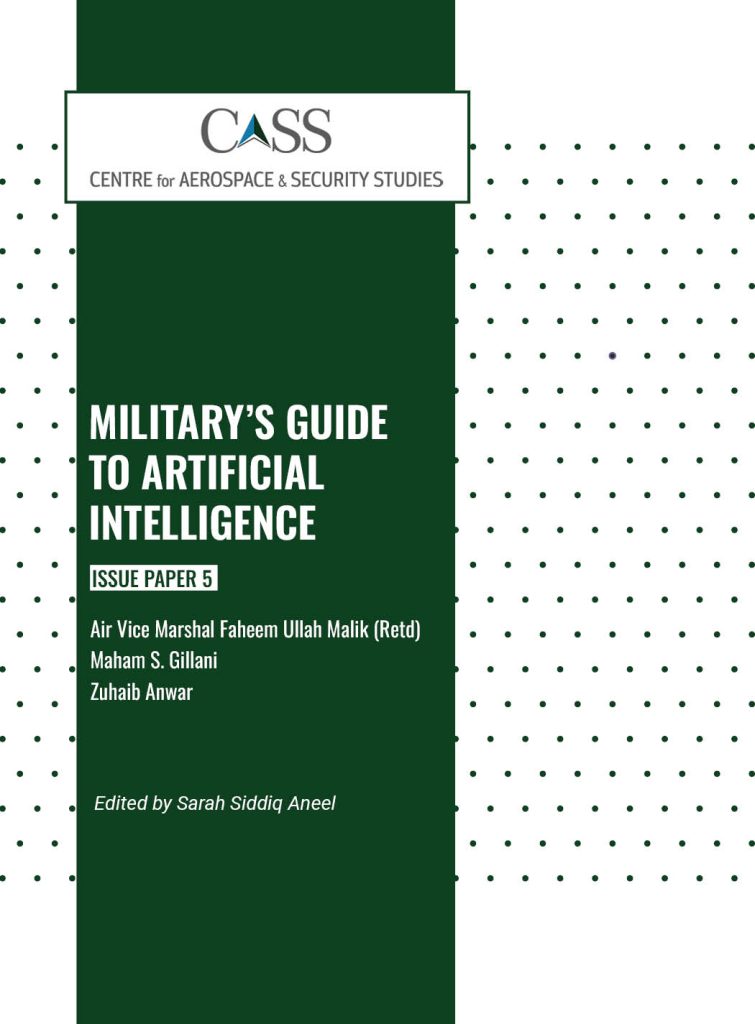
This study explores the manifold domains in which Artificial Intelligence (AI) is having profound impacts in the contemporary world. . AI is penetrating virtually every aspect of human life and
666 views
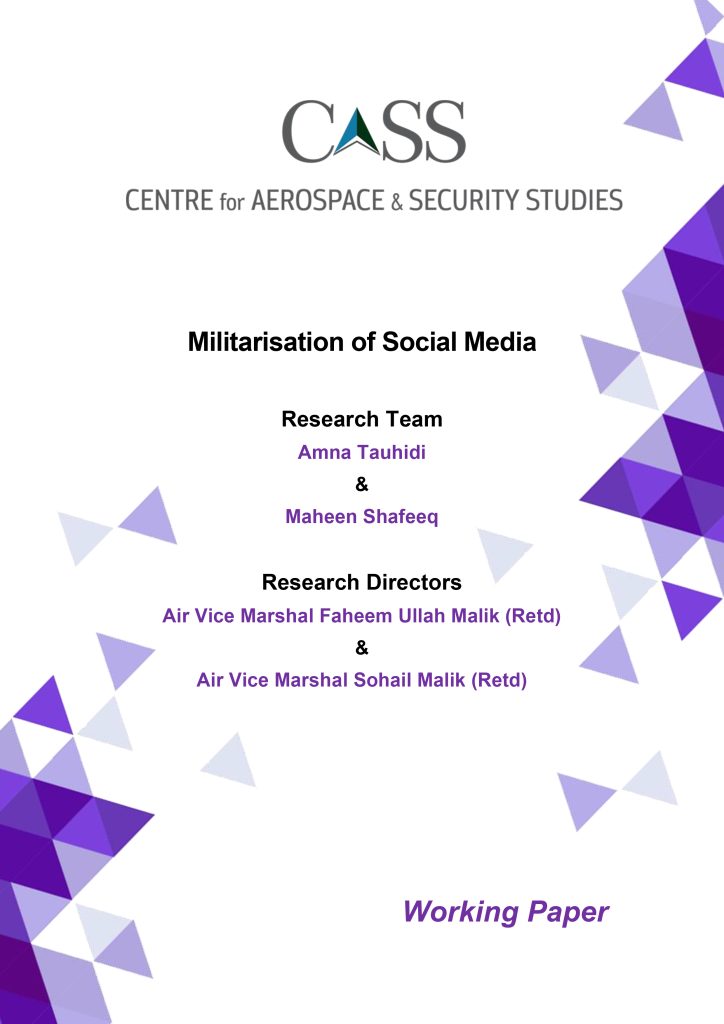
This Working Paper attempts to explore the militarisation aspect of social media and its impacts on national security. It finds that on the one hand, social media has revolutionised the
666 views
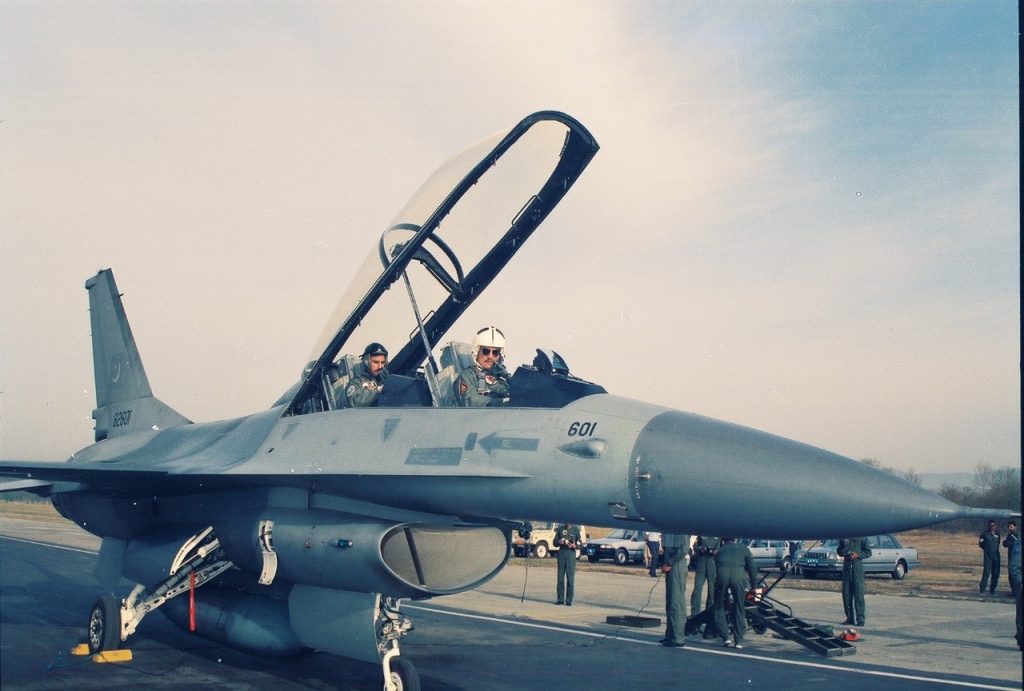
‘What we do in life, echoes in eternity.’ Maximus Meridius (fictional character) Life is but a transit through this worldly impermanence that every soul has

Recent public disagreement between Gen Bipin Rawat and ACM RKS Bhadauria demonstrates a serious disconnect and grave absence of understanding at the highest command level.

All views and opinions expressed or implied are those of the authors/speakers/internal and external scholars and should not be construed as carrying the official sanction of CASS.
